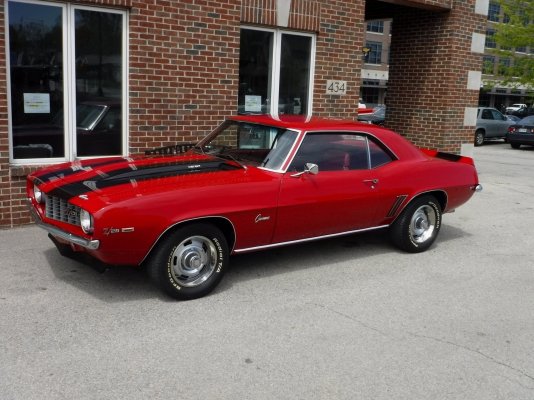https://www.marketwatch.com/story/m...d-on-a-nobel-prize-winning-theory-11664562570
Basic idea is you should have a constant level of standard of living to be happy, so no saving in the beginning when you are making less, start banking your raises as you get older, then spend down savings at retirement to maintain your standard of living.
What a bunch of academic nonsense.
The thinking predicts a straight, precticable path through life. That is not how life works. In additon to the behavioural points others have made, things happen along the way. People get laid off or ill. More kids arrive than you thought. Marriages fail.
The by product of saving is that you have a stronger balance sheet to deal with these issues. Not saving leads to consumer debt during hard times which is the mortal enemy of wealth and financial stability.
I'm helping my daughter's friend who has gotten in badly over her head with college debt. Its a really sad situation ... super hard-working, smart kid who got horrible advice from parents who don't understand money.
She's two years from a very high value doctorate that will provide a six figure income ... and it will take her nearly a decade to unwind the debt even with aggressive debt reduction strategies and living very modestly.
So I'm teaching this young person about budgets, cash flow, personal balance sheets on how the three interact. She's about to come into a bit of money and we're going to discuss killing the (7 year/6.75%

) used car loan on her balance sheet and that is draining her cash flow.
Working with her is reminding me of the path we took to get out of college debt and onto a good financial path. I think it is a time proven approach:
Step 1: Build a budget
Step 2: Achieve cash flow positive each month
Step 2a: If you can't pay cash, you can't afford it
Step 3: Retire high cost consumer debt
Step 4: Create an emergency fund
Step 5: Capture 401k match
Step 6: Snowball away college debt
Step 6a: 50% of raises go to accelerating debt reduction
Step 7: Begin simple, structured investments
Step 7a: Swing debt payments into monthly savings
Step 7b: At least 20% of raises go to accelerating savings
This path is not easy, but it is very repeatable and nearly guaranteed to end well. And its much easier if young people receive sound advice about not destroying your balance sheet in the first place.


